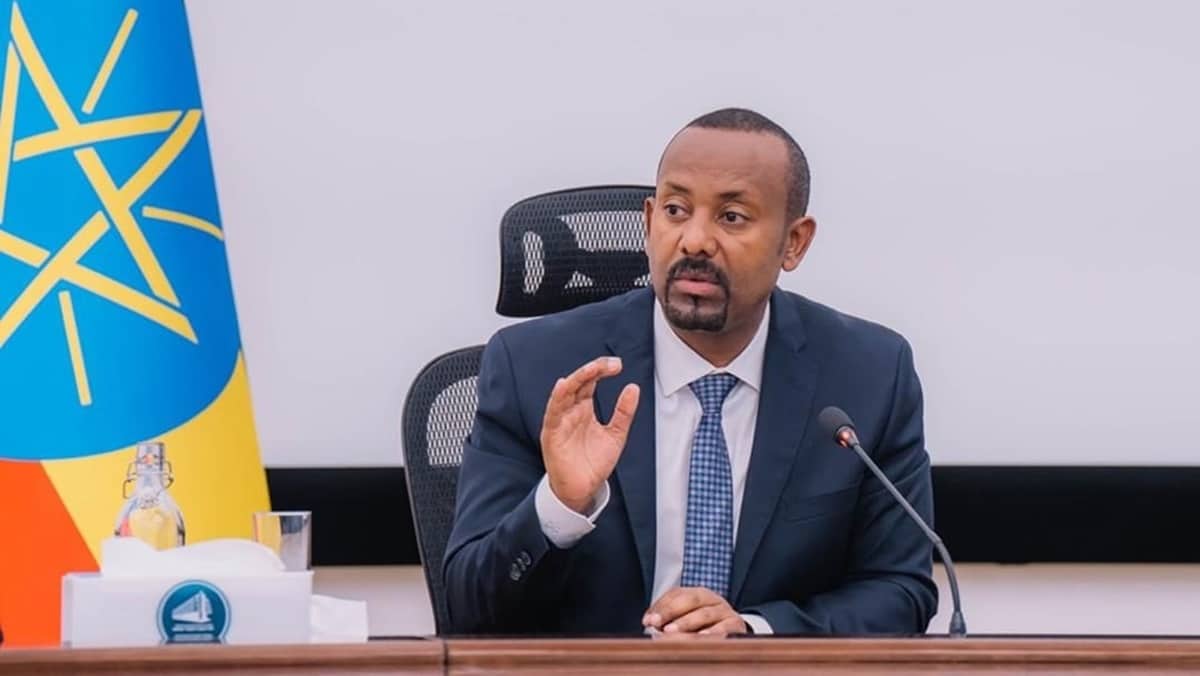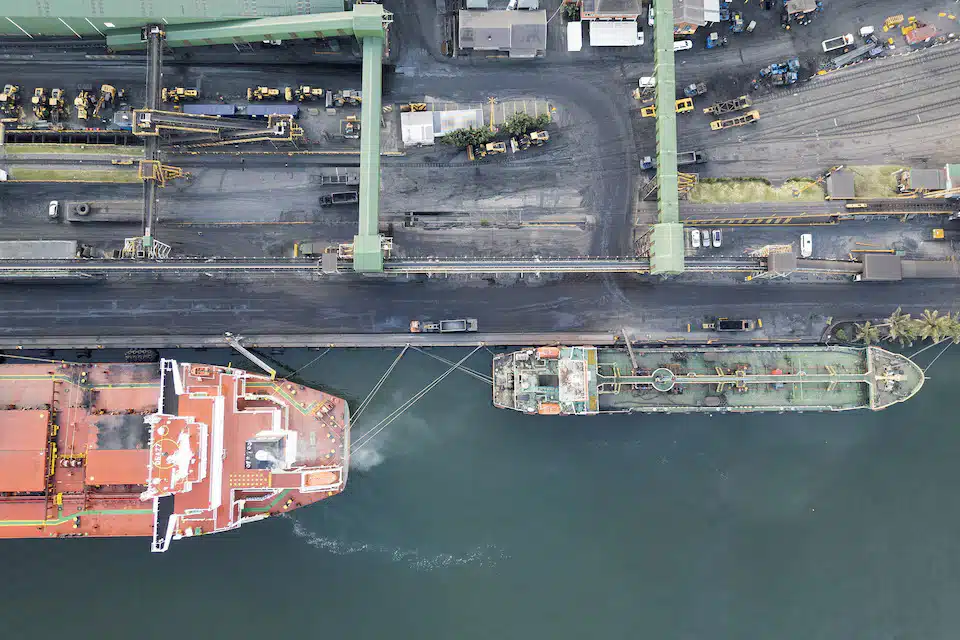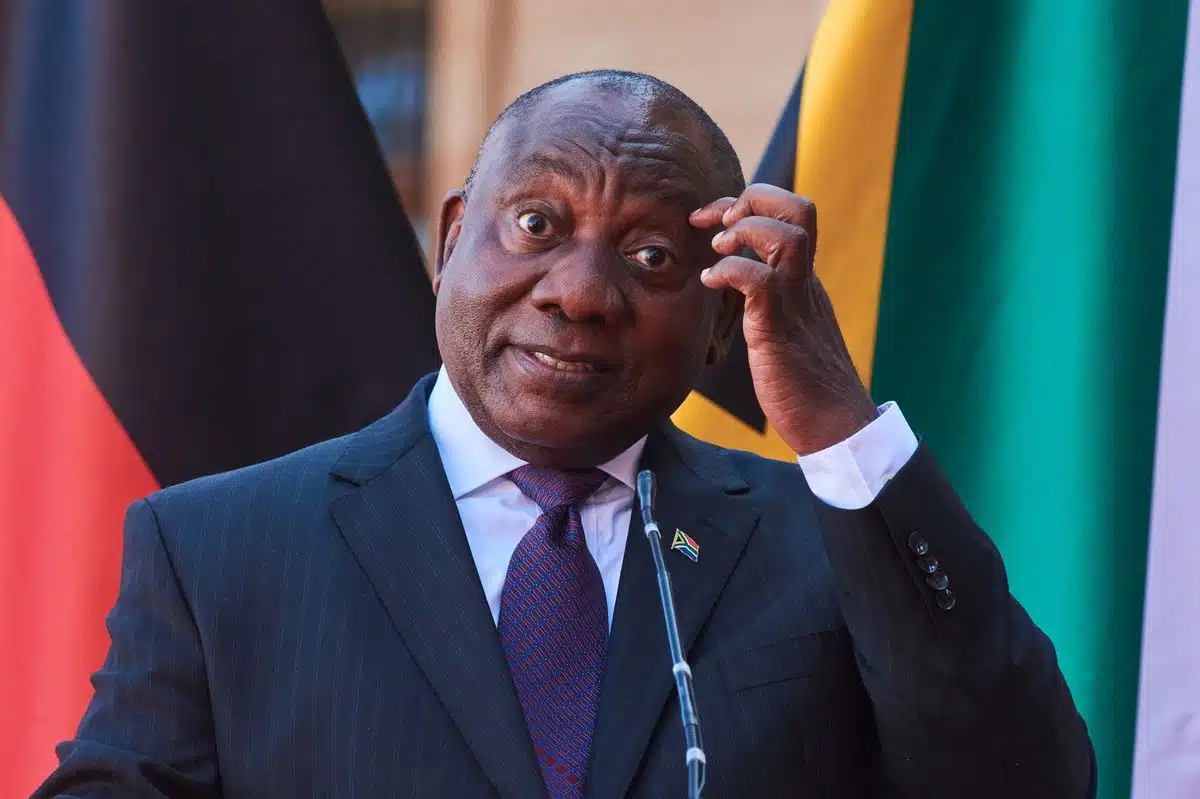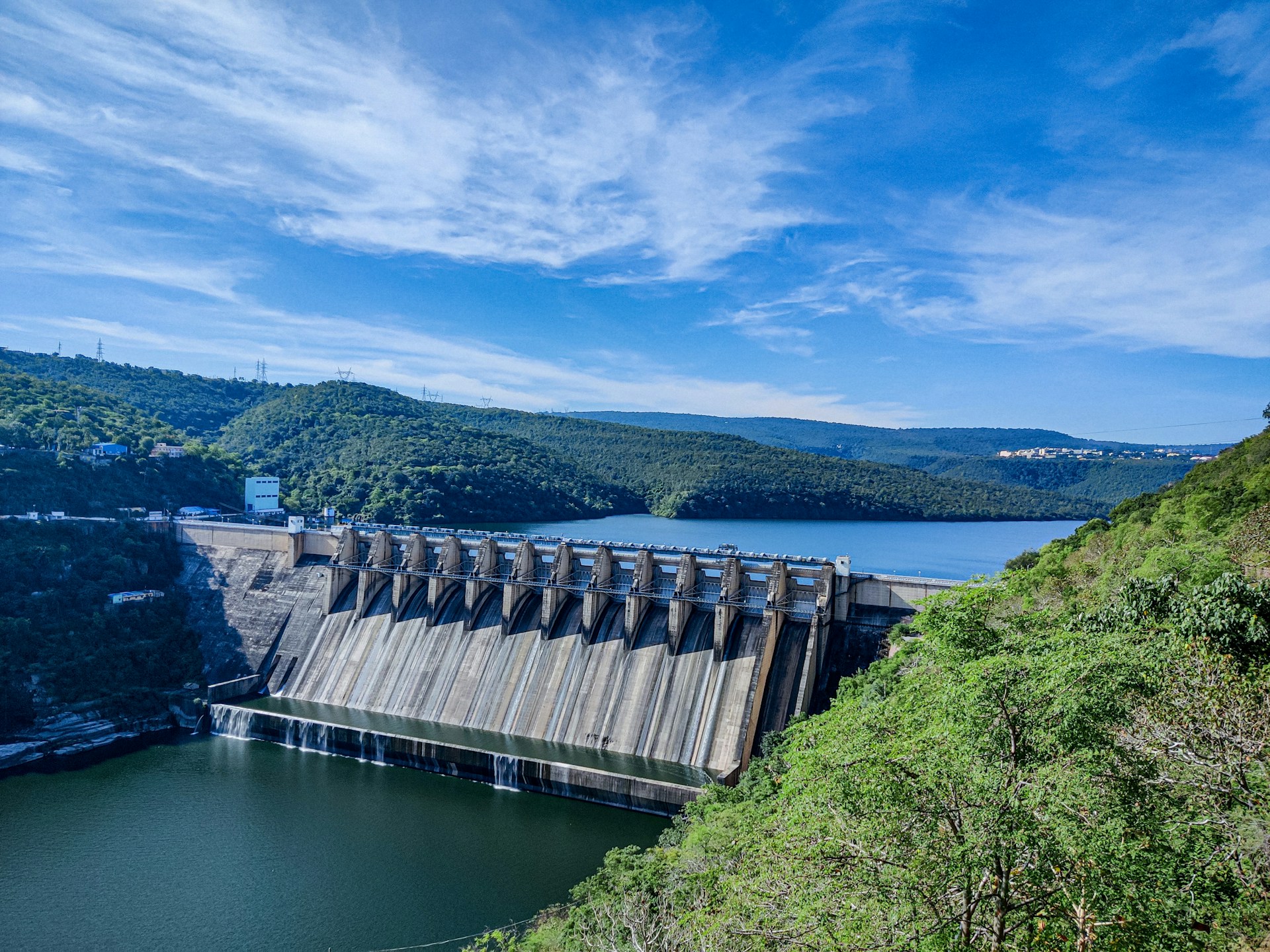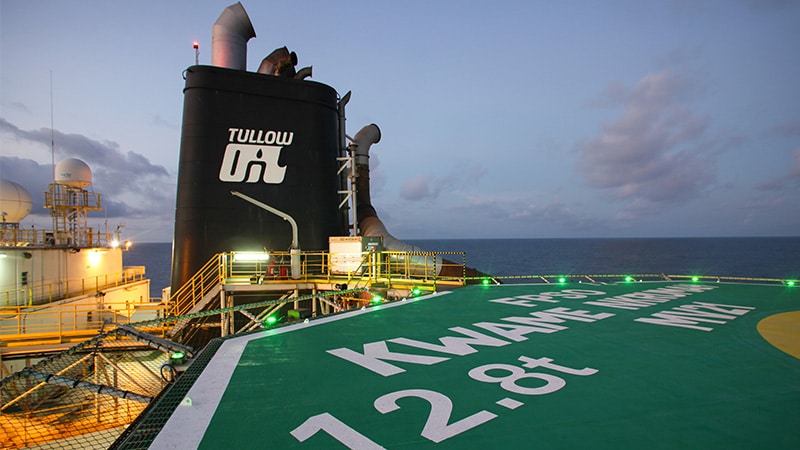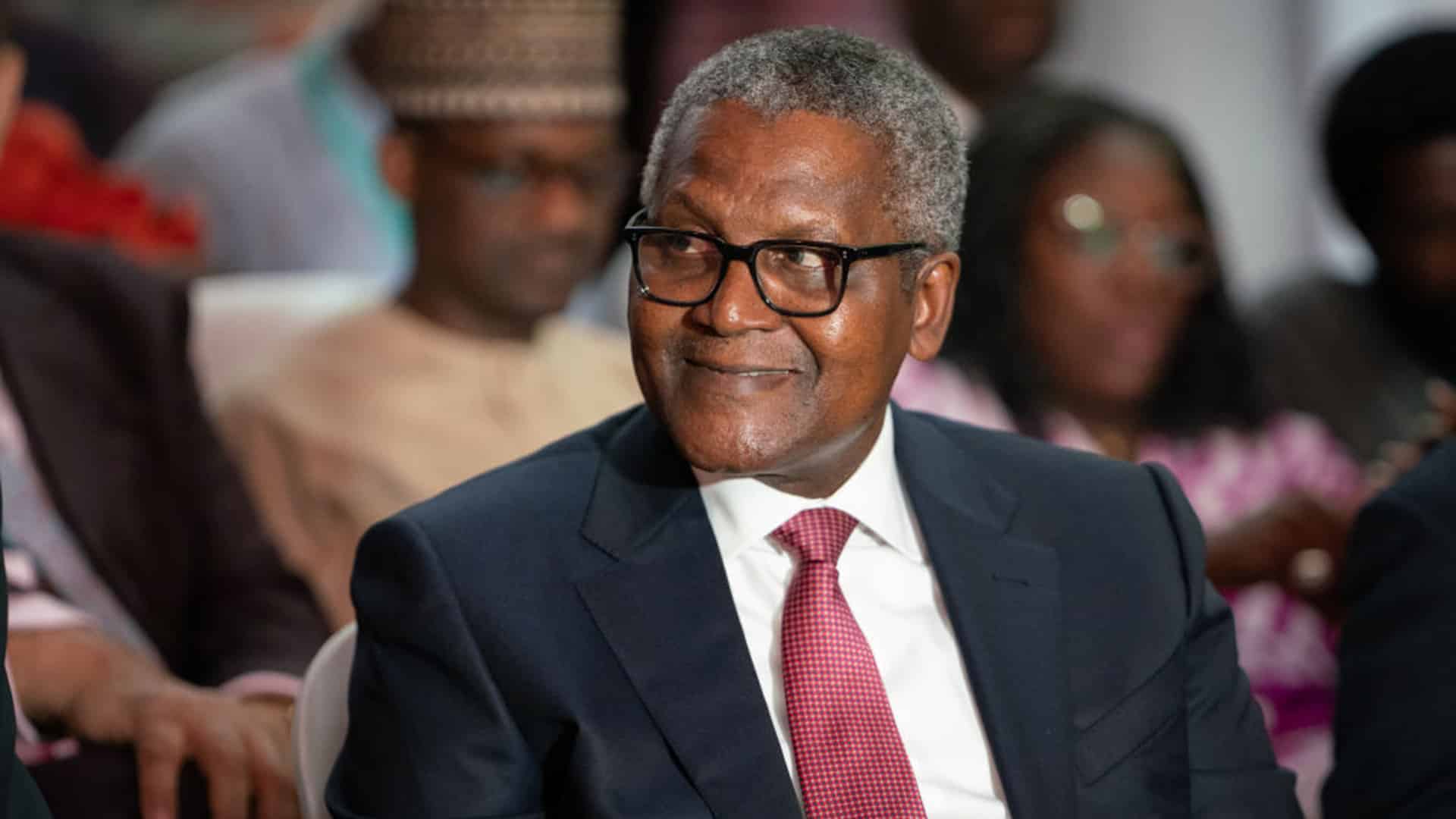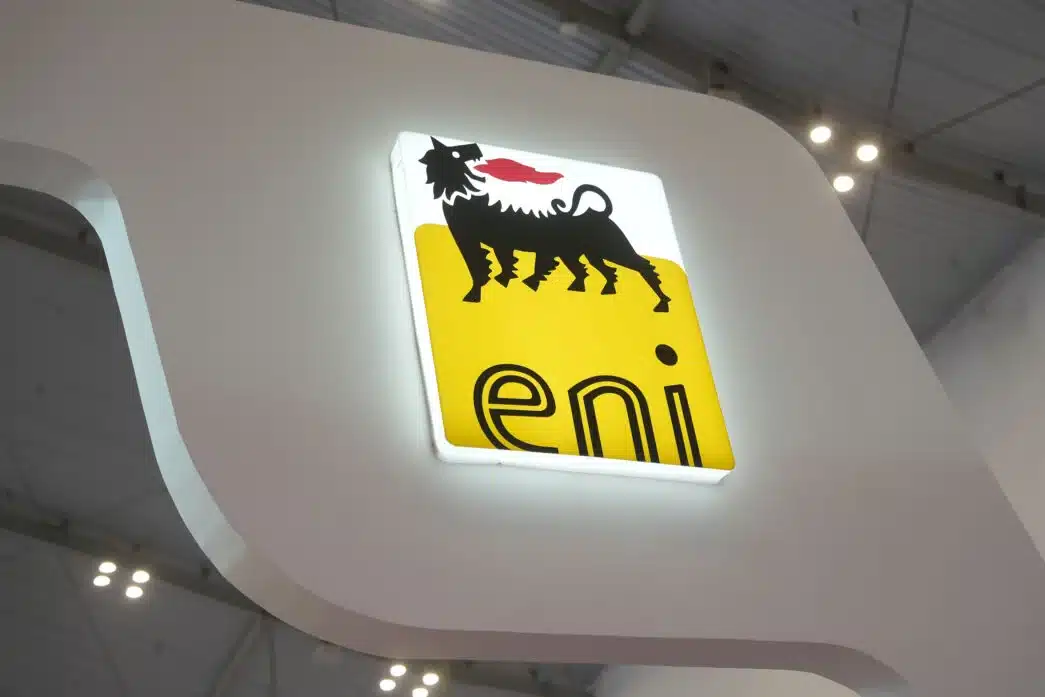Ethiopia has faulted the European Union (EU) for taking what it described as a “biased and hostile” position in support of Egypt over the management of the Nile River and the $5 billion Grand Ethiopian Renaissance Dam (GERD).
In a press statement released by the Embassy of the Federal Democratic Republic of Ethiopia in Brussels described the EU’s joint statement with Egypt as “deeply disappointing and problematic.”
According to the embassy, the EU’s remarks echo Egypt’s colonial and monopolistic claims over the Nile River and disregard the views and interests of other riparian countries.
“The joint statement echoes Egypt’s colonial and monopolistic claims over the Nile River. It shows a complete disregard for the views and interests of other riparian countries,”
“It is regrettable that the EU decided to undermine Ethiopia in a bilateral platform with Egypt.” the Ethiopian Embassy said.
Backstory leading up to this
The European Union and Egypt had earlier issued a joint statement reaffirming their partnership on agriculture, water, and food security.
The statement emphasized the need to expand grain storage capacity and implement innovative water management strategies pledging closer collaboration on water-related issues through the Egypt–EU Water Partnership (EEWP).
In the communique, the EU acknowledged Egypt’s heavy reliance on the Nile River in a context of water scarcity and reiterated its support to Egypt’s water security.
The EU further urged transboundary cooperation among riparian countries based on the principles of prior notification and cooperation
“We will collaborate on water-related issues at bilateral, regional, and international levels, including in line with the Joint Declaration on an Egypt–EU Water Partnership (EEWP). Recognizing Egypt’s heavy reliance on the Nile River in a context of its water scarcity.
“The EU reiterates its support to Egypt’s water security and the compliance with international law, including concerning the Ethiopian Dam.
“The EU strongly encourages transboundary cooperation among riparian countries based on the principles of prior notification, cooperation and “do no harm” the statement read in part.
Ethiopia’s position
The Nile River, shared by 11 countries, supports nearly half a billion people across Sub-Saharan Africa.
Ethiopia warned that the EU–Egypt joint statement “negates the rights, aspirations, and very existence” of these nations and risks eroding years of regional diplomacy.
The embassy said the EU’s stance contradicts its observer role in the African Union–facilitated GERD negotiations, where it has access to all parties’ concerns and positions.
“EU’s role as an observer should have led to a balanced, rational, and impartial approach,” the statement read.
Ethiopia also argued that the EU’s position runs “counter to the principles of the Nile Basin Cooperative Framework (CFA), the UNECE Water Convention, and the UN Convention on the Law of the Non-Navigational Uses of International Watercourses.”
What we know so far
Ethiopia recently completed the $5 billion Grand Ethiopian Renaissance Dam (GERD), Africa’s largest hydroelectric project, with a generating capacity of 5,150 megawatts.
The project is central to Ethiopia’s plan to expand electricity access for its citizens and export power to neighbouring countries.
Egypt and Sudan have long opposed the dam, arguing that it could reduce downstream water flows and threaten livelihoods dependent on the Nile.
The European Union’s recent joint statement with Egypt reaffirmed support for Cairo’s water security and urged “transboundary cooperation among riparian states based on prior notification and the do-no-harm principle.”
Ethiopia described the statement as biased and inconsistent with its rights as an upstream country, saying it contradicts regional and international water agreements.

